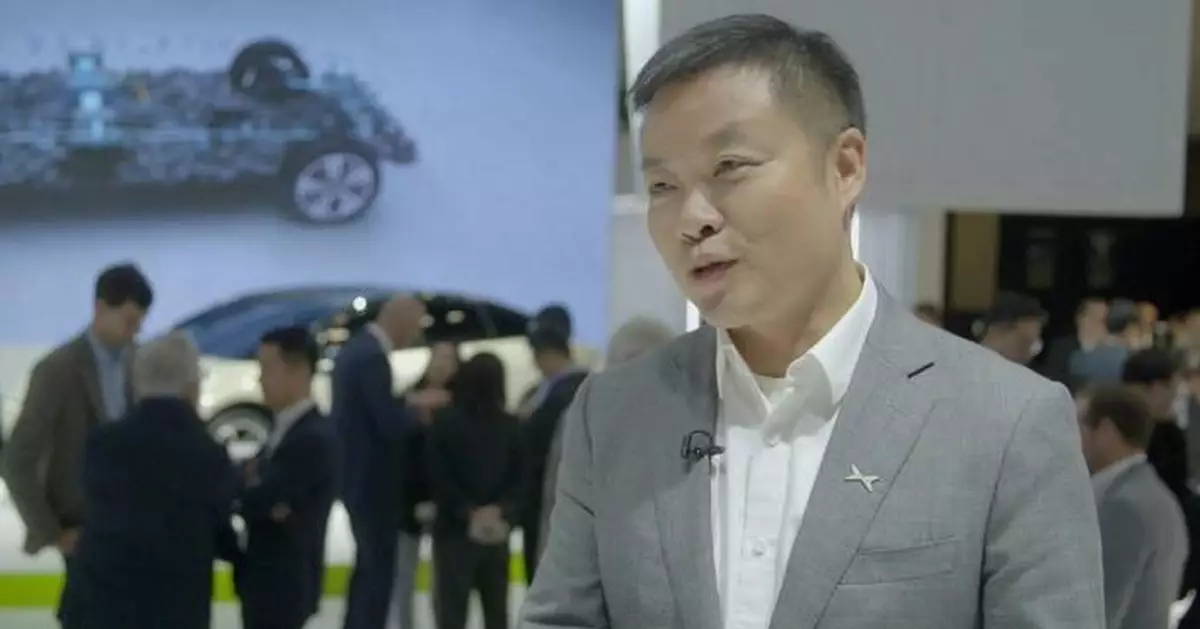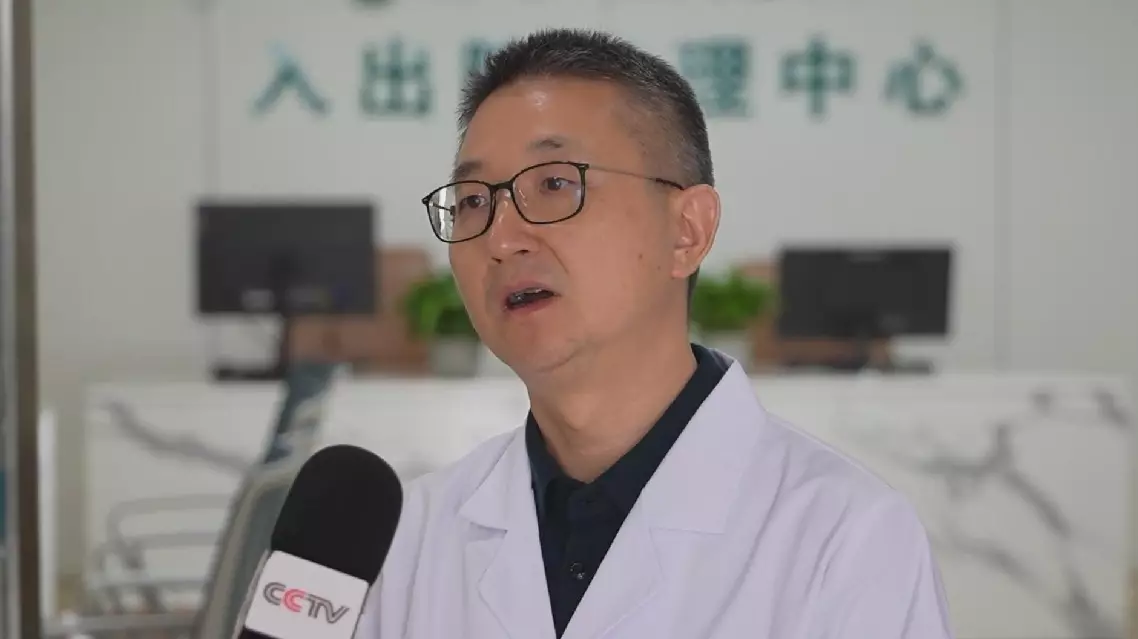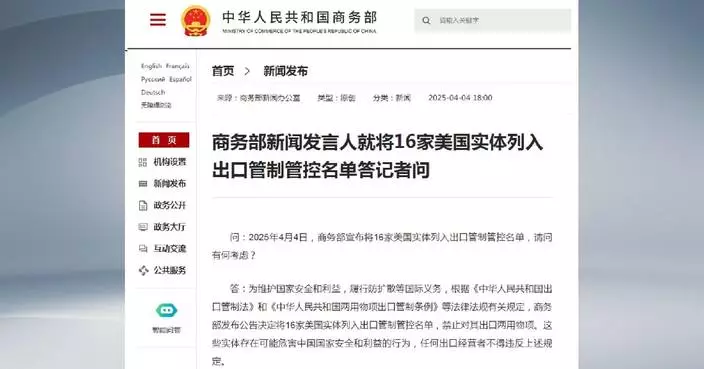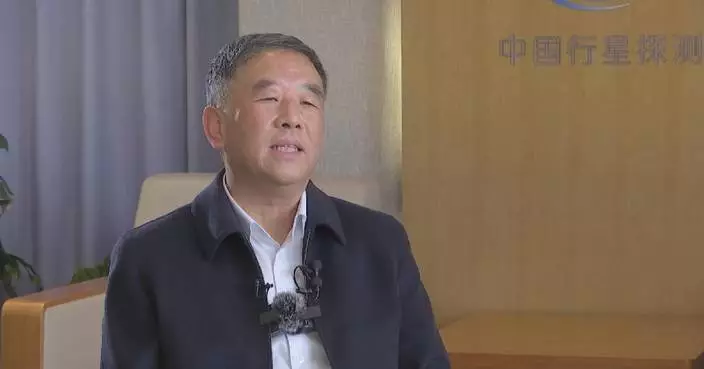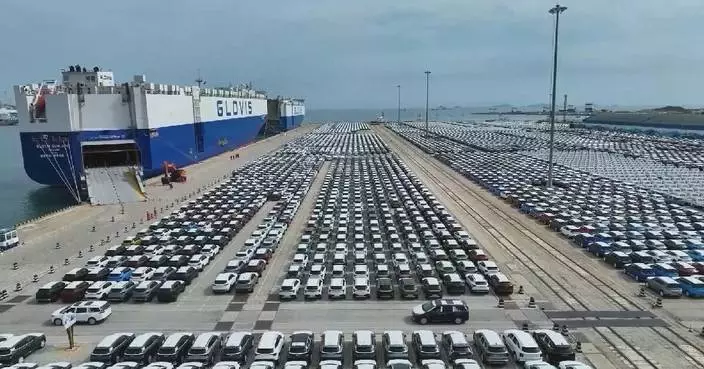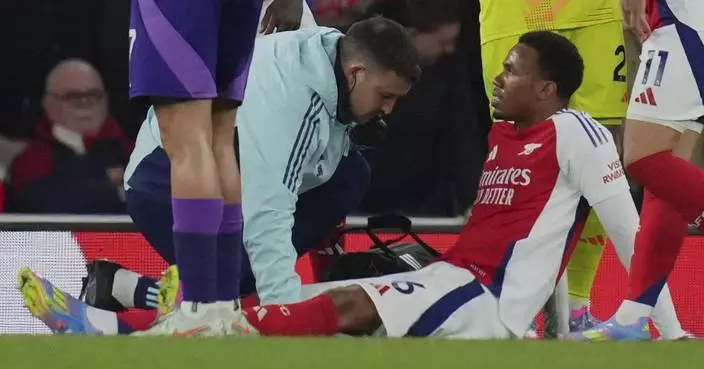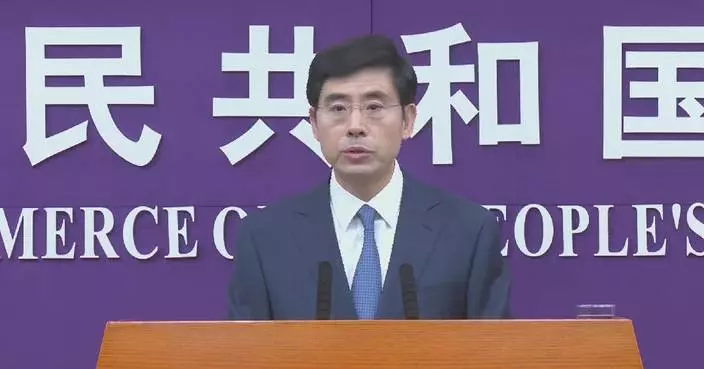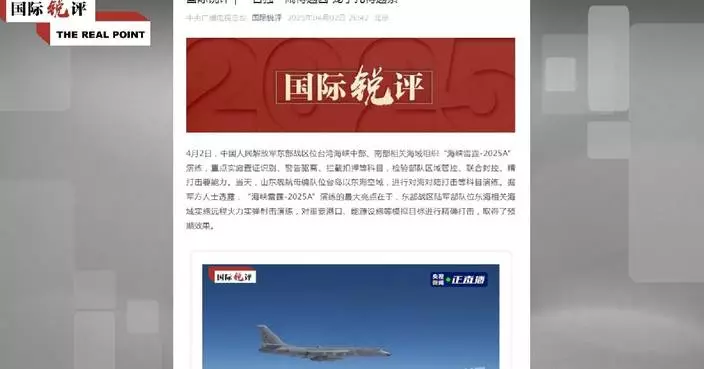Chinese leading electric vehicle (EV) producer Xpeng's CEO He Xiaopeng said the key for an automaker to go further lie in its technology, and all subsidies are temporary.
Xpeng unveiled its P7+ model on Tuesday at the ongoing Paris Motor Show 2024, which it described as "the world's first artificial intelligence (AI) vehicle."
"Let me give you an example. Twenty or thirty years ago, many of us thought that computers were a specialized discipline, but today, for many people, working with computers or smart phones is an ability that everyone has. In the past 10 years, we sometimes felt that AI had strong capability, it was optional in the car or it was paid software. But starting from our model P7+, Xpeng decided that the standardization of cars should include the ability of autonomous driving and AI. So a big change for AI in high-level autonomous driving is that it has changed from optional hardware and paid software into an integration," said He.
Speaking of Xpeng's next move in Europe with the European Union's tariffs targeting China-produced EVs around the corner, He said the company will seek any opportunities to produce its vehicles locally.
"We now have nearly 200 employees and 70 stores in Europe. If there is an opportunity, I hope to have some cooperation with some existing factories. I also wonder if we can set up a factory in Europe with some other Chinese firms. We believe it must be technology that makes the difference. Second, we must supply and develop products locally. Our goal is to become a good brand that everyone likes, using technology to create a differentiated positioning," the CEO said.
"I don't think tariffs are a good way of creating better technologies, a better life or solving problems. As a company, we believe a good policy is sustainable and stable. Xpeng will follow European policies and regulations, whether it's on tariffs or the General Data Protection Regulation. We will abide by the rules and regulations to achieve long-term development in Europe. More and more Chinese auto companies including Xpeng want to bring something different to Europe, this is what really matters to us," he added.
Xpeng has never received any government subsidies, He noted, stressing that subsidies may help an enterprise to pull through difficulties, but the key to a successful auto business lies in technology, environmental protection and an aim for long-term development.
"All subsidies are temporary. We can see that many auto management agencies around the world, including in Europe, have begun to reduce more and more subsidies. Although subsidies bring benefits to more local enterprises, from a global point of view, no subsidy is the best subsidy. We should always believe that no matter where you go, you should achieve mutual wins with the locals to have more friends. You should also differentiate yourself in technology and innovation to tap into a bigger market," said the CEO.
He said Chinese carmakers are doing well in EVs, but they still have a lot to learn from global peers. He tried a French Renault car at the Paris Motor Show and had "excellent experience." The German Volkswagen, with which Xpeng had cooperation last year, produces cars with remarkable quality, reliability, and local services.
The CEO quoted an old Chinese saying to underline the importance of global cooperation, and for new Chinese auto producers to learn from international competitors, "If three people walk together, one can be my teacher."
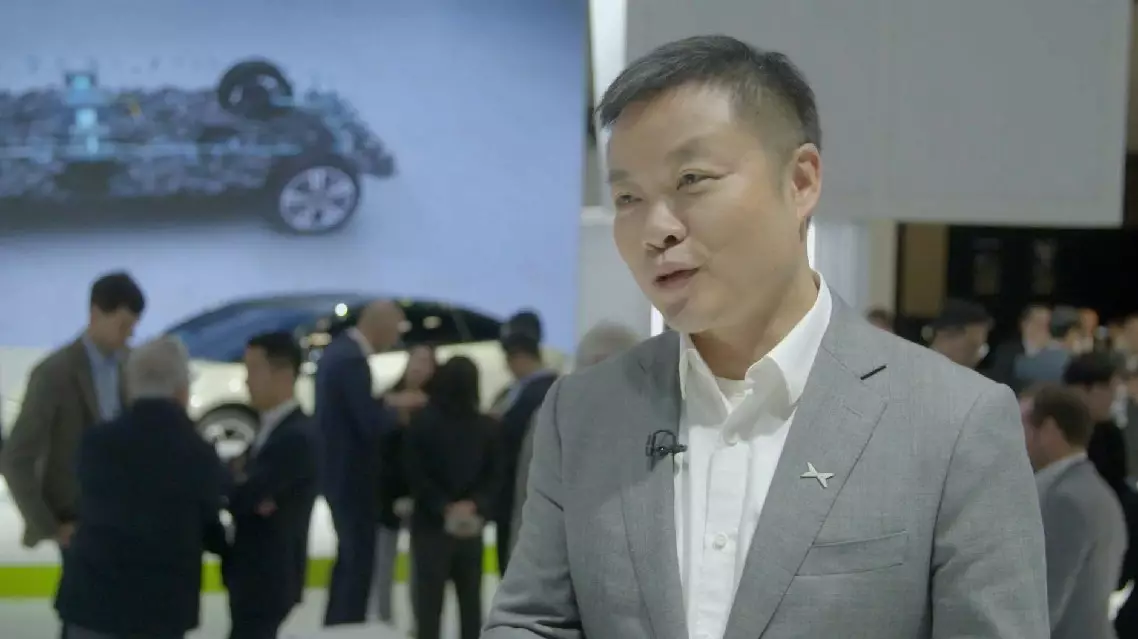
No subsidy is best subsidy: Xpeng CEO
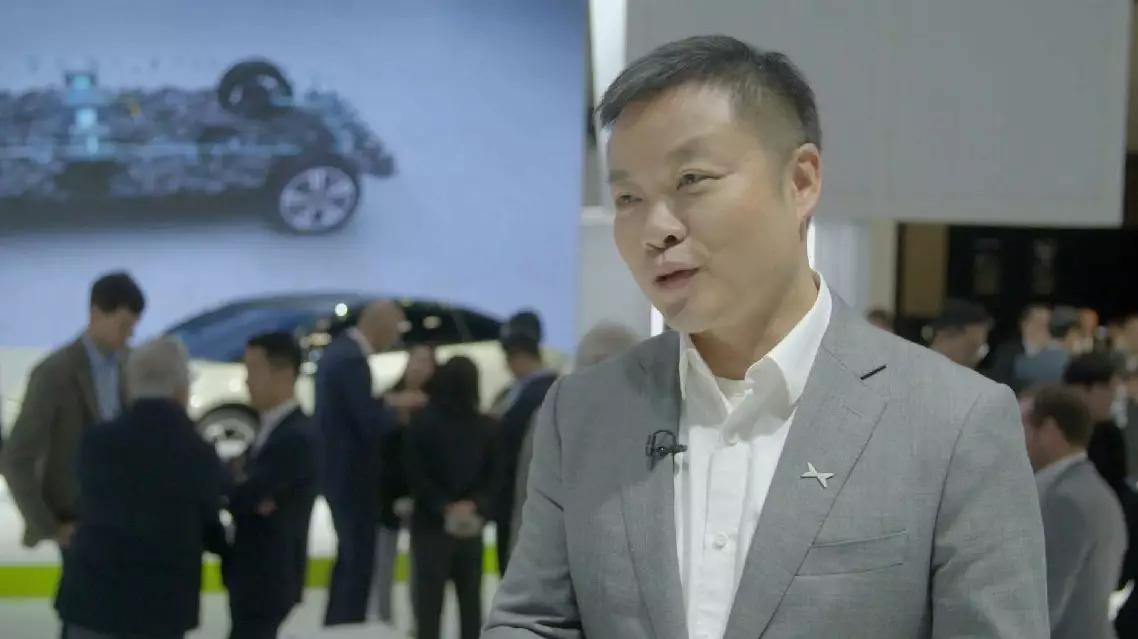
No subsidy is best subsidy: Xpeng CEO


